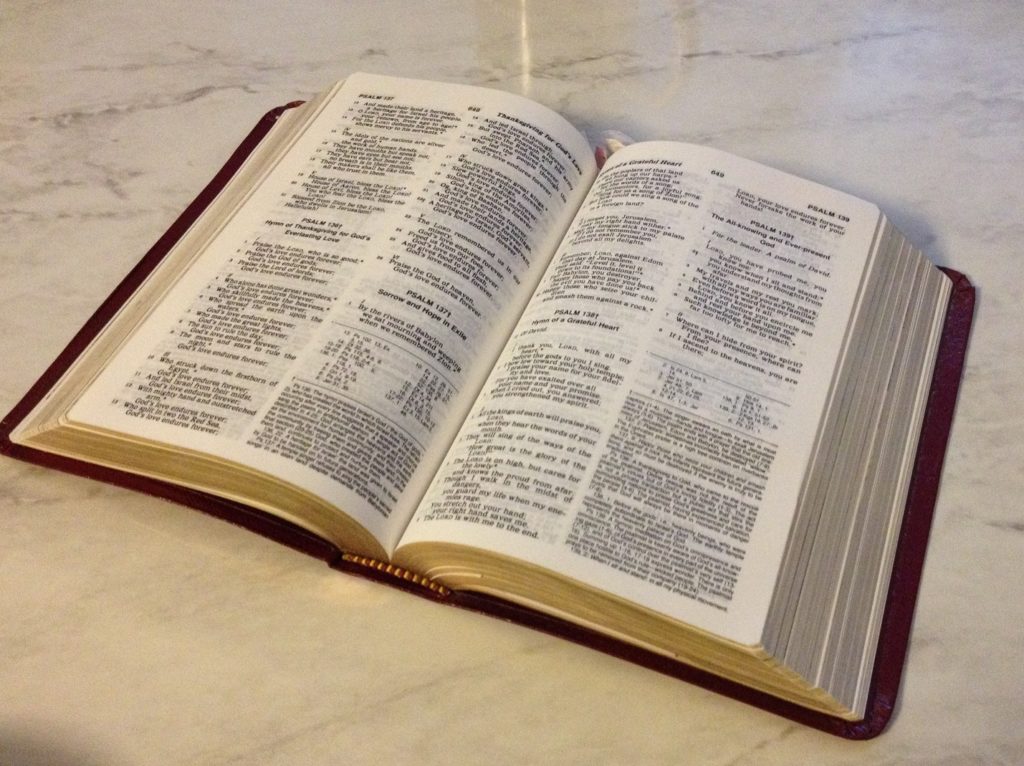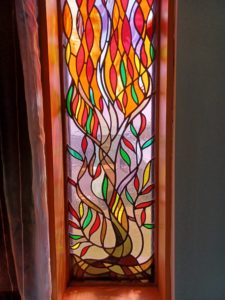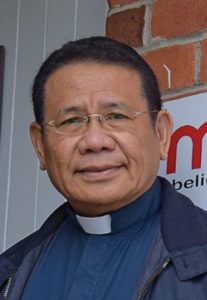Reflection on the Readings for 26 Jan 2025:
Nehemiah 8:2-6,8-10; Psalm 18(19):8-10,15; 1 Corinthians 12:12-30; Luke 1:1-4,4:14-21
On the third Sunday of Ordinary Time, which means three weeks after the Christmas season, we celebrate the Sunday of the Word of God. This special celebration of the Word of God was only introduced in in 2019 and first celebrated in 2020.
For many hundreds of years, the focus in the Catholic Church had been on the celebration of the Eucharist – and yet, scholars like the late Kieran Fenn fms were often quoting Irenaeus who pointed out that the celebration of the Word and the celebration of the Eucharist were equally important.
Equally important and touching people in different ways. Isn’t this the message that we hear in today’s Readings?

Nehemiah seems to describe the first part of our Mass, the Liturgy of the Word, by describing the proclamation of the Word of God by the scribe and priest Ezra: the audience were “men and women, and children old enough to understand”.
In order to make sure that these men, women and children really understood what he was reading out, Ezra also translated the Law of God in a language that made sense to the people who listened to him.
We have to remember that his audience was made up of Jewish people who had returned from the Babylonian Captivity. They had been disconnected from the land of their ancestors, and Ezra helped them to reconnect to their faith and religion through the Word of God.
With this in mind, Ezra also gave very practical advice by applying the Law of God to their lives: the day of gathering in the Name of the Lord is sacred, they are invited to celebrate afterwards with the best food and drinks they have, be joyful – but not to forget those who have less: “send a portion to the man who has nothing prepared ready”.
The proclamation of the Word of God followed by a feast for all.
St Paul lived in a Greek dominated world and used analogies that spoke to the Gentiles.
One of these was the tradition of having prayers for the healing of a body part. However, as he points out, all body parts are connected. There is no part that is more important than the other. In fact, those parts that might be considered less important than others might even be covered and not visible to others and yet crucial for the survival of the whole person.
We are all baptised in one Spirit, and we are all united through Christ.
When we celebrate Mass, it is always a beautiful experience to see the unity through Christ. We all have different backgrounds, speak different languages, have different talents and preferences, but we are united in the celebration. We pray together, we sing together – and we celebrate the Word and the Eucharist together.
In Luke’s Gospel Reading, Jesus is filled by the Spirit and when he read from Isaiah’s prophecies “everyone praised him”.
So, Ezra brought the Good News to his Jewish audience who had been freed from Babylonian captivity, Paul proclaimed the Good News by proclaiming that we were all equal through the Holy Spirit, that there were no Jews, gentiles or slaves anymore – and Jesus confirmed the prophecies by Isaiah that he was sent to bring the Good News to the poor.
What a wonderful call to recognise the power of the Word, the Good News. A call to work together as a community, inclusive, united and caring for one another.
BM



